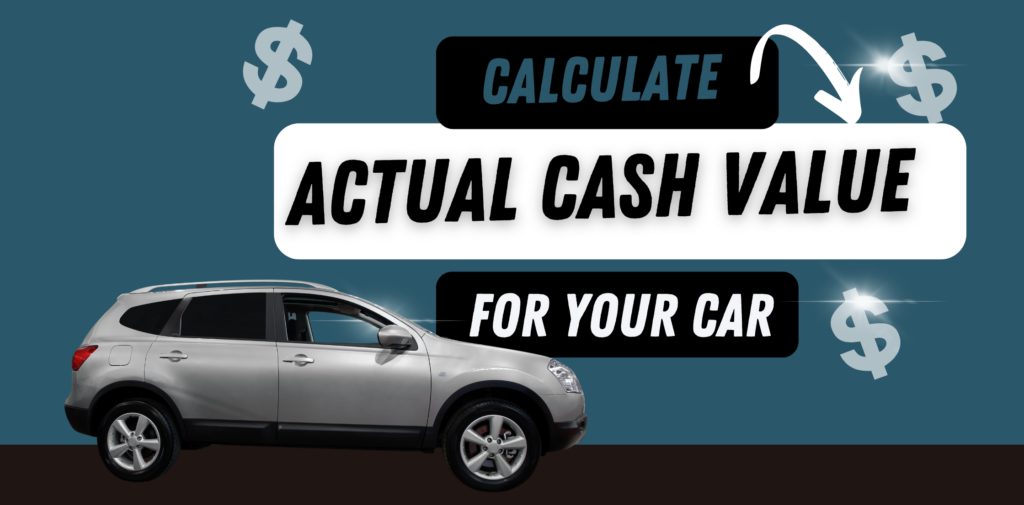Car Calculator – Calculate Your Car Loan Payments Easily

This Car Calculator helps you estimate the total cost of owning a car, including loan EMI, fuel expense, down payment, and maintenance. Whether you're planning to buy a new or used car, this calculator gives you a clear monthly and yearly cost breakdown to help you budget wisely.
How to Use the Car Calculator
Enter the car price, down payment, loan interest rate, loan tenure, and fuel efficiency. You can also add expected monthly fuel usage and maintenance costs. The tool will calculate:
- Monthly EMI (Car Loan Installment)
- Total loan repayment & interest
- Monthly and yearly fuel cost
- Total cost of car ownership
Formulas Used
1. EMI Calculation:
EMI = [P × R × (1 + R)^N] / [(1 + R)^N – 1]
Where P = Principal loan amount, R = monthly interest rate, N = number of months
2. Fuel Cost Calculation:
Fuel Cost = (Monthly Distance ÷ Mileage) × Fuel Price
Why Use the Car Cost Calculator?
Buying a car involves more than just its sticker price. From EMIs to fuel and maintenance, ongoing expenses add up. This calculator helps you plan your car purchase realistically — especially useful for first-time buyers or those taking a car loan.
Example
If you buy a car worth ₹10,00,000 with ₹2,00,000 down payment, 9% interest, and 5-year loan tenure — you’ll pay approx ₹16,138/month EMI. Add fuel and maintenance, and your total monthly cost may reach ₹20,000+.
Frequently Asked Questions (FAQs)
How is car EMI calculated?
EMI is calculated based on principal amount, interest rate, and loan term using a standard amortization formula.
What is included in car ownership cost?
It includes loan repayment, fuel, insurance, servicing, and depreciation over time.
Can I calculate used car cost?
Yes. Enter the used car's current price and expected fuel efficiency to get accurate estimates.
What’s a good down payment?
A 20–30% down payment is considered ideal to reduce EMI burden and overall interest payout.
How do I reduce total car cost?
Choose a fuel-efficient car, opt for shorter loan tenure, and avoid over-customization or unnecessary insurance add-ons.
